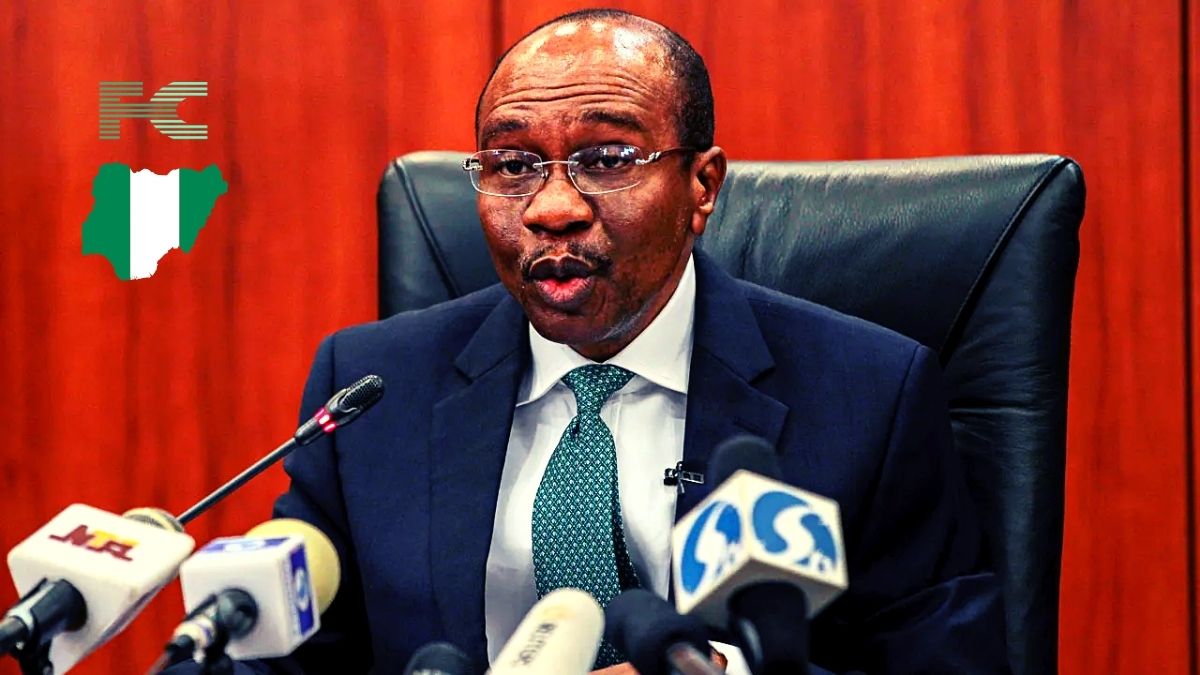In this glittery world of entertainment, the glow of fame, influence, and prestige tends to blind us towards one bitter reality that underlines it all – Envy. Every red carpet moment, each viral song, each blockbuster film was made on the intensity of competition. But what happens when that drive to be “the best” becomes an obsession? Envy is the unspoken secret that quietly fuels the industry, propelling some to incredible heights while driving others to their breaking point.
On some deep level, envy in the entertainment world is born of a peculiar mix of scarcity and comparison. With the meteoric rise of social media, artists live in a world where success is measured through followers, likes, and comments. While social media brings fans closer to their idols, it also pits the entertainers against each other in manifold ways, publicly. Every viral moment, streaming milestone, and magazine cover invites comparison; what isn’t at the top feels dulled in comparison.

The entertainment industry is notorious for cultivating competition, often with the tag of “healthy rivalry”. It is anything but healthy. They become more cognizant of the pressure to remain relevant through record labels, production studios, and fanbases, people wanting them always to “outshine” others. The entertainers, many of them bound by the compulsion to keep tabs on others, note each and every move of their competitors. If one releases an album, another quickly announces a tour; if one stars in a hit movie, another dives into an equally high-profile project. It’s not only exhausting but can become toxic.
Some people go to extreme ends just to be unique. Some entertainers may even go all the way of engaging in public feuds, boasting of spectacular lifestyles, and even contriving controversies just to get attention in an attempt to stay relevant or outrun their competitors. The public does like scandals and “beefs,” and some artists know that making headlines, even negative ones, can have a positive impact on their visibility. This can be a double-edged sword, however, as audiences soon grow weary of contrived drama and performers have to deal with the backlash of their own creation.
For the envious individual, it is an expensive source of distress. According to research on the psychology of fame, a life of comparison often leads to feelings of inadequacy and low self-esteem, all the way to depression. The life of a celebrity, no doubt, looks very glitzy from the outside, but behind all the filters and precisely placed posts, something emotional is going to isolate. The relationships get affected, too.
Casualties are recorded in romantic partners, friends, and family who often find celebrities succumbing to this need for mass adoration at the cost of personal connection; they could get rid of loved ones as they perceive them as distractions or even threats.
Envy doesn’t stop at the level of celebrities but trickles down to the fan base. All the constant encouragement for entertainers to be better, richer, and more famous adds to the sustaining of unattainable standards. Fans would most definitely want to keep up the competition with their friends and followers toward trying to live lifestyles like their idols. The audience is left, in a culture that has normalized envy, to fight personal insecurities and pressure in keeping up with the perfection their star is presenting.
But is there any balancing off envy in the entertainment industry? Yes. Some celebrities have started calling for a shift away from such pressures by speaking out about mental health and authentic relationships. Refreshingly enough, some entertainers now are choosing collaboration over convention in the craft: uplifting, not tearing each other down. Increasing authenticity on social media, as celebrities now show more “real” personas, has gradually caused a shift in the cutthroat culture of the industry.

Additionally, authenticity rather than glamor has increasingly been appreciated by fans, who tend more toward artists sporting imperfections.
Ultimately, envy will probably always be part of entertainment. After all, in a business built upon public attention, the desire to be “better” is a natural result.
But as more entertainers start to vocalize about the costs of this relentless sprint, we may very well see that give way to a new, less cutthroat climate that is healthier for the minds of the artists and that allows success without the ghosts of someone else’s fame. It remains for the most part now, though, behind the scenes of human imagination as a powerful, multi-layered motivational factor in ambition and sometimes the downfall of those we watch closely.

















